Quite possibly the first student film, a whimsical romance shot in 1916 by law students from Washington University in St. Louis.
Related Movies

East of Eden (1955)
In the Salinas Valley in and around World War I, Cal Trask feels he must compete against overwhelming odds with his brother for the love of their father. Cal is frustrated at every turn, from his reaction to the war, how to get ahead in business and in life, and how to relate to his estranged mother.
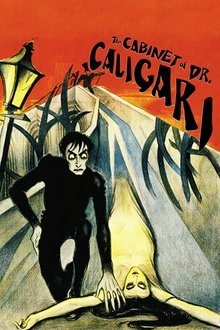
The Cabinet of Dr. Caligari (1920)
Francis, a young man, recalls in his memory the horrible experiences he and his fiancée Jane recently went through. Francis and his friend Alan visit The Cabinet of Dr. Caligari, an exhibit where the mysterious doctor shows the somnambulist Cesare, and awakens him for some moments from his death-like sleep.

Not Now (2021)
Noah, an aimless college dropout, is constantly getting swept up in romances that always end in heartbreak. At work, he is paired to train Autumn, an infectious, enigmatic and fun new girl, who challenges his views on love, relationships and life.

Battleship Potemkin (1925)
A dramatized account of a great Russian naval mutiny and a resultant public demonstration, showing support, which brought on a police massacre.
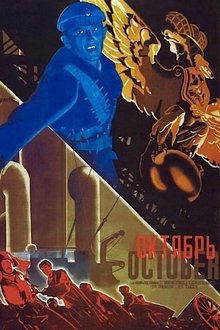
October (Ten Days that Shook the World) (1928)
Sergei M. Eisenstein's docu-drama about the 1917 October Revolution in Russia. Made ten years after the events and edited in Eisenstein's 'Soviet Montage' style, it re-enacts in celebratory terms several key scenes from the revolution.

The Last Emperor (1987)
A dramatic history of Pu Yi, the last of the Emperors of China, from his lofty birth and brief reign in the Forbidden City, the object of worship by half a billion people; through his abdication, his decline and dissolute lifestyle; his exploitation by the invading Japanese, and finally to his obscure existence as just another peasant worker in the People's Republic.
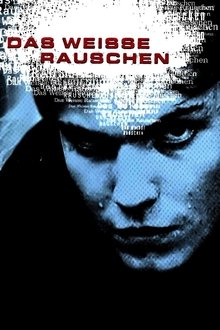
The White Sound (2001)
Lukas, a young schizophrenic man, has to deal with a new town, a new relationship, and the paranoia in his head.
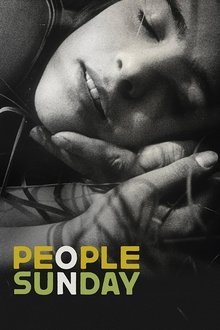
People on Sunday (1930)
A semi-documentary experimental 1930 German silent film created by amateurs with a small budget. With authentic scenes of the metropolis city of Berlin, it's the first film from the later famous screenwriters/directors Billy Wilder and Fred Zinnemann.
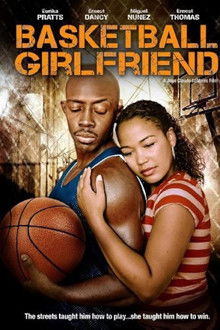
Basketball Girlfriends (2014)
Tyron is one of the top college basketball stars in the country and is expected to be a top NBA draft pick, but as the pressure to perform well in school threatens his ability to perform on the court, things start to fall apart. Then, when his brother, Blak, is released from prison, he is pressured to rejoin the family business hustling drugs on the street. In a last ditch effort to save his star player, Tyron's coach introduces him to Carmen, a tutor who Tyron falls deeply in love with.
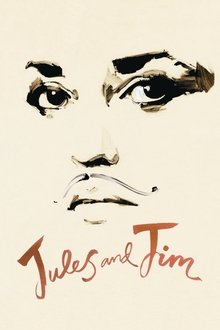
Jules and Jim (1962)
In the carefree days before World War I, introverted Austrian author Jules strikes up a friendship with the exuberant Frenchman Jim and both men fall for the impulsive and beautiful Catherine.
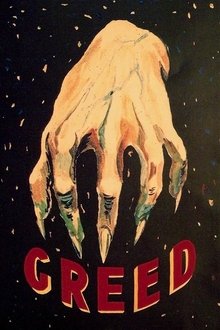
Greed (1924)
A lottery win of $5,000 forever changes the lives of a miner turned dentist and his wife.
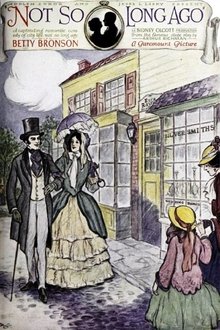
Not So Long Ago (1925)
Against the backdrop of New York City of the early 1850s, a young woman -- naively seeking to win the love she reads about in the romance novels she devours -- finds one prospect in an earnest denizen of the Bowery, and another in an elegant young aristocrat. Focusing on the bygone era's fashions, the novelty of the bicycle-built-for-two, and an inventor's quest for the horseless carriage, the film gently stirs the audiences' nostalgia for simpler times.

Hearts Beat Loud (2018)
In the hip Brooklyn neighborhood of Red Hook, single dad and record store owner Frank is preparing to send his hard-working daughter Sam off to college while being forced to close his vintage shop. Hoping to stay connected through their shared musical passions, Frank urges Sam to turn their weekly jam sessions into a father-daughter live act. After their first song becomes an internet breakout, the two embark on a journey of love, growing up and musical discovery.
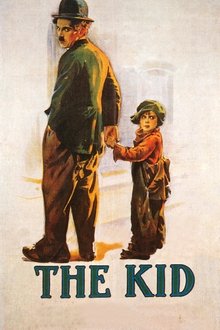
The Kid (1921)
A tramp cares for a boy after he's abandoned as a newborn by his mother. Later the mother has a change of heart and aches to be reunited with her son.

Brother Against Brother (1913)
Two brothers compete for the love of a woman while the impending war threatens to separate them from both sides of the border. Based on the novel "La Débâcle" by Émile Zola.
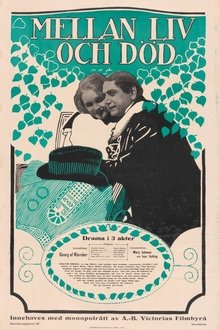
Between Life and Death (1917)
"Between life and death" - Dr Brinck and his assistant Inger Holm spend days and nights in his laboratory to experiment with a revolutionary medical cure for poisoning. Inger Holm is deeply in love with his boss. When the two scientists one day go to bed and visit an outdoor server, Brinck's manufacturer will meet Warren and his daughter Elsa and get an opportunity to help Elsa with a damaged foot. Thanks to him, he is invited to a party in the manufacturer's luxurious home...
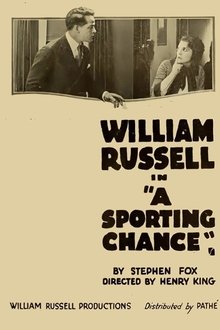
A Sporting Chance (1919)
John Stonehouse (William Russell) checks into a hotel, intending to commit suicide. But instead he winds up helping a girl, Gilberte Bonheur (Fritzi Brunette), out of a jam. He finds her bending over a man who she has apparently killed, and since he's about to kill himself anyway, he offers to assume the blame. Throw a valuable emerald into the works, and the fact that the dead man suddenly comes back to life, and Stonehouse -- not to mention the audience -- becomes thoroughly befuddled by it all. Everything clears up, however, when Gilberte gives him a theater ticket -- it turns out that everything he went through was the plot to a stage play, enacted in real life by the actors. The critics roasted the play, saying it wasn't true to life, and this was their proof that the situations really could happen. Gilberte retires from acting when Stonehouse proposes.
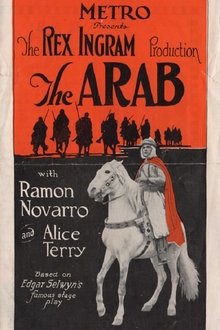
The Arab (1924)
Jamil, a soldier in the Bedouin defense forces during a war between Syria and Turkey, deserts his regiment but later returns to save children of a missionary’s orphanage who are at risk of being enslaved or killed by the Turks.
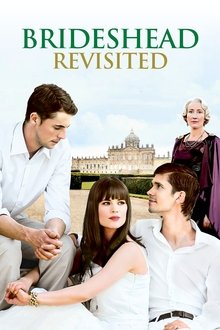
Brideshead Revisited (2008)
Befriended by aristocrat Sebastian Flyte, Oxford student Charles Ryder finds that the power and privilege experienced by the family is seductive. On a visit to the ancestral home, Brideshead, he falls in love with his friend's sister, Julia. However, as his ties to the Flytes deepen, Ryder finds himself at odds with their strong Roman Catholicism.
